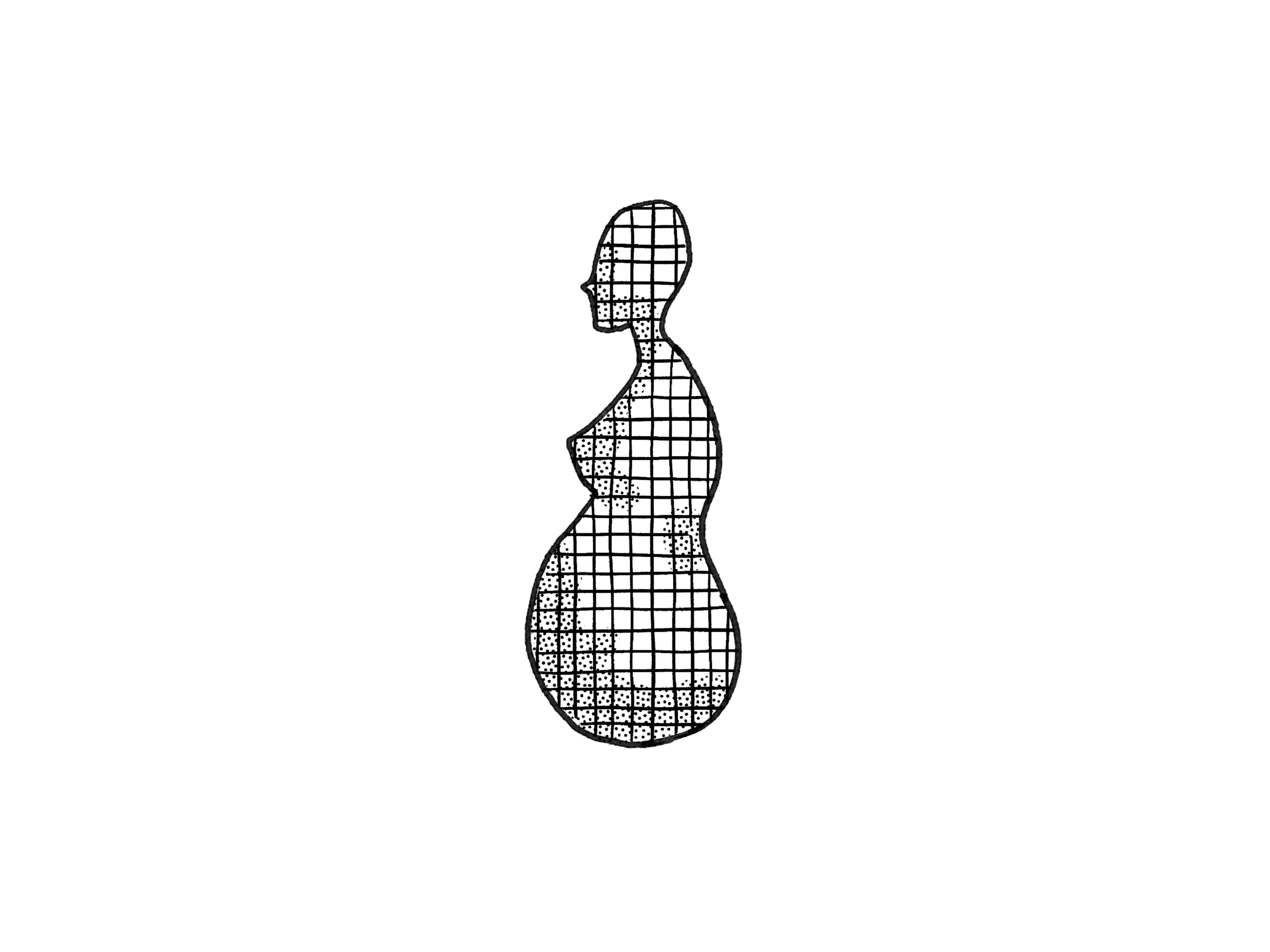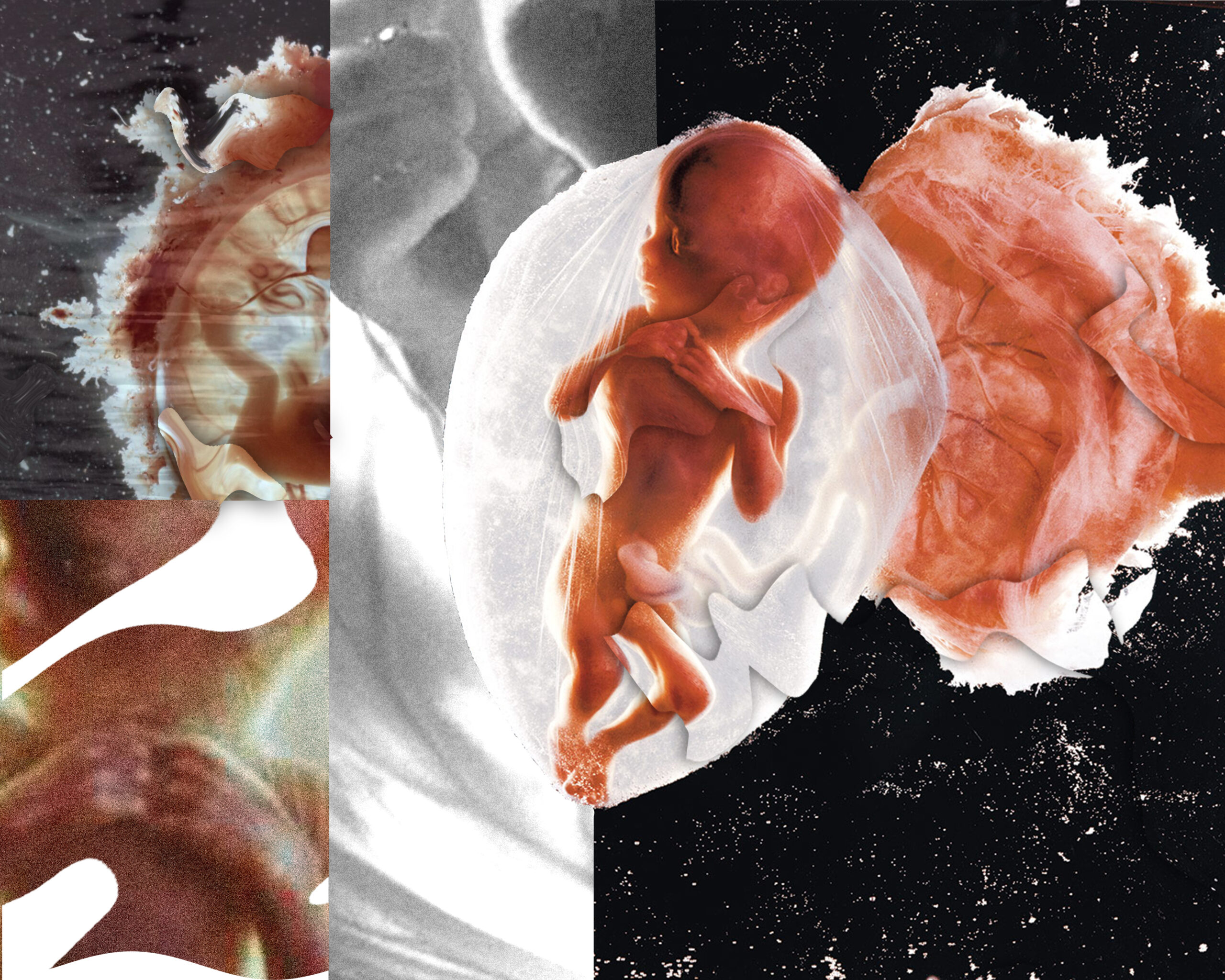S.C. Cornell
Great Personal Risk
S.C. Cornell
“Every miscarriage is a work accident,” Silvia Federici wrote in 1974, in the essay “Wages Against Housework.” Federici’s argument is simple. If housework is work — if cooking, cleaning, childbearing, and child-rearing are both tiring for the worker and productive for society — then why shouldn’t it be waged? What, besides a very long and successful campaign to dupe women, could lead them to do so much labor without pay? ...
No Returns | On Family Functions and Dysfunctions
S.C. Cornell
In December, The New Yorker asked, “How Did Polyamory Become So Popular?” in a piece that tracked the rise of the open relationship, from the obscure “province of utopian free-love communities” to its status as a mainstay of “Park Slope marriages and prestige television.” In January, New York magazine took on the same topic in a cover story, which explored the “increasingly mainstream world of ethical non-monogamy” and included “a...
Fetal Rites | What We Can Learn from Fifty Years of Anti-Abortion Propaganda
S.C. Cornell
The strongest argument against abortion is not an argument at all. It’s the image of the fetus — tiny feet, perky nose, pre-melanin skin — and of its often grisly death. The persuasive potential has been clear for over a century; Progressive-era anti-abortion doctors toured the country with glass slides featuring embryos and fetuses at various stages of development. In 1910, a Missouri gynecologist expressed his hope that an enlarged...




